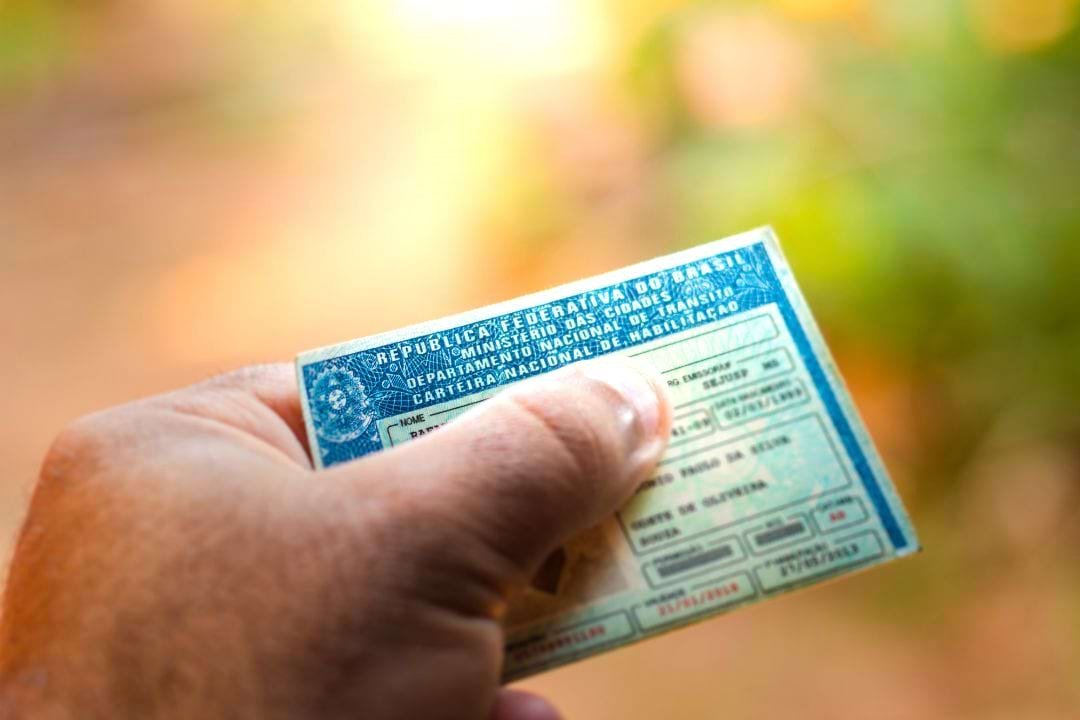According to EU Helpers, Czechia and Poland also acknowledged a similar move.
The decision was initially scheduled to take effect until October 13, however these three states coordinated their actions and implemented controls at the border with Slovakia on October 4.
However, the policies began to show promise in these nations' efforts to combat irregular migration. Additionally, the introduction of border checks, according to Poland's Deputy Minister of Internal Affairs and Administration, Maciej Wsik, has resulted in an improvement in the country's migration situation.
The Deputy Minister of Internal Affairs and Administration stated that efforts at unauthorized border crossings are a European problem more than a local issue, highlighting the fact that these individuals are either hoping for a change in the situation or perhaps looking for alternative methods.
Ludovit Odor, the prime minister of Slovakia, condemned the decision, highlighting the need for a European-wide solution to the immigration situation.
Despite this criticism, Slovakia's government started border checks with Hungary due to worries about the immigration scenario.
Furthermore, a measure launched on October 5 that was previously intended to last just through October has now been extended at least until November 3.
In a statement issued, the Slovakian government reaffirmed the new choice.
According to information released by the government of Slovakia, this year saw an almost 4,000 percent increase in the number of migrants trying to enter the nation.
Many migrants have been registered by Slovakian authorities as entering this country, mostly from Serbia via Hungary on their way to other wealthier European nations.
During the period from January to August of this year, 24,500 illegal immigrants were observed by Slovakian officials trying to enter the country, compared to 10900 who were recorded for the entire previous year.

